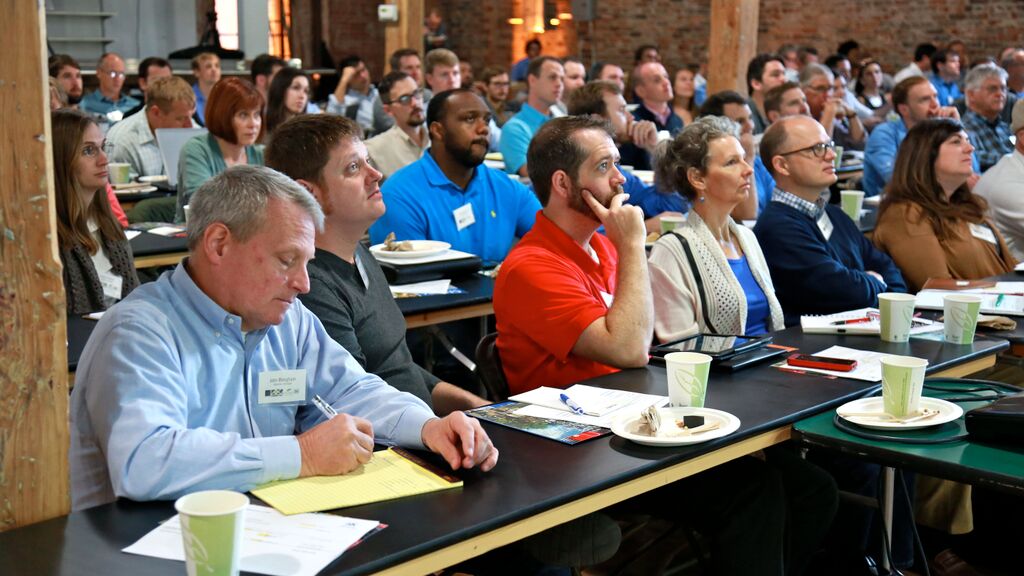 Who is going to build the finer-grained Missing Middle housing, the small workspaces, the two and three story mixed use buildings that municipalities and neighborhoods are looking for? Will it be the large development outfits who see a 10,000 SF single story commercial building or 100 apartment units as a “small deal”? Doubtful. Very doubtful, for the simple reason that large scale developers need large scale deals to support their operations. They can’t execute small deals effectively and they see a lot of opportunity cost in small deals. “Why would I take on a 4 unit project when I can build 40 units or maybe even 400 units with about the same amount of brain damage?” Big outfits are constrained by having to achieve economies of scale to get a decent return on their efforts. Small developers live with the constraint of economy of means. Small deals, small amounts of capital, small crews, services from small architecture and engineering shops, small sites that make a difference in the neighborhood.
Who is going to build the finer-grained Missing Middle housing, the small workspaces, the two and three story mixed use buildings that municipalities and neighborhoods are looking for? Will it be the large development outfits who see a 10,000 SF single story commercial building or 100 apartment units as a “small deal”? Doubtful. Very doubtful, for the simple reason that large scale developers need large scale deals to support their operations. They can’t execute small deals effectively and they see a lot of opportunity cost in small deals. “Why would I take on a 4 unit project when I can build 40 units or maybe even 400 units with about the same amount of brain damage?” Big outfits are constrained by having to achieve economies of scale to get a decent return on their efforts. Small developers live with the constraint of economy of means. Small deals, small amounts of capital, small crews, services from small architecture and engineering shops, small sites that make a difference in the neighborhood.
Dallas developer Monte Anderson keeps hearing from folks who want him to move to their town and develop there. To his credit, Monte is determined to focus on the communities in the Southern Dallas Metro that he knows and cares about. His advice for the people that want him to come to their town is that they need to find someone who is committed to their town and help that person develop in the place they care about —OR BECOME A DEVELOPER THEMSELVES.
This is actually very pragmatic advice, because the big outfits are NOT COMING to your town or neighborhood to fine-grained projects. Monte Anderson is a great guy, but he’s not coming to your town either. Who does that leave? YOU (or someone a lot like you). Start small. Learn the business. Build a reliable team who care about the place like you do. There is a growing network of support for small developers, some of them are just a few years ahead of you on the learning curve, but they will do whatever it takes to help you avoid repeating their mistakes.
Consider what a small enterprise could accomplish in your town, not just the buildings you might renovate or build, but the local wealth you could create that will stay in your neighborhood. Think about the jobs that you could create in the trades, and in property management. Think of the other folks in your neighborhood you could mentor, paying it forward once you have learned the business. Real capacity for local and lasting economic development is hard to come by, but building the everyday buildings that people need, in a place that you care about will raise up more than walls and a roof.


